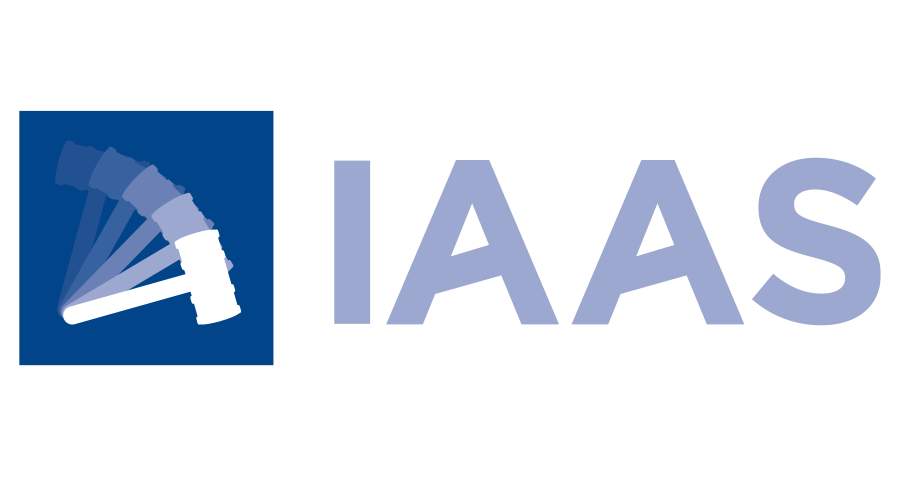IAAS is giving a lukewarm welcome to the eventual release of new conditionality measures as part of the Agricultural Reform Route Map on Tuesday 26th March. Specifically, it was helpful to hear exactly how the Government proposes to add conditions to the Scottish Suckler Beef Support Scheme which affects many of our members’ customers.
The commitment of the scheme’s duration until 2028 gives farm businesses some certainty for a period of time, however we did not feel there was sufficient clarity around the budget for a scheme that was initially put in place to support suckler beef farming. This could easily be corrected by a further Government announcement committing allocation of associated funding through to 2028 and ringfencing the current budget for all eligible calves.
Whilst IAAS and its members wish to see an efficient and productive beef industry, we remain concerned about the reduction in cattle numbers across the country. This has been a long term trend that impacts the whole supply chain and challenges the critical mass of the whole Scottish beef sector. This conditionality does little to aid a recovery in the beef sector, rather creating another hurdle for farmers.
The whole agricultural industry needs to play a part in reducing emissions, however the food security of the nation cannot be set aside in this carbon ‘tunnel vision’. Scottish beef production plays a major role in the UK’s rural and food economy. UK beef imports total 250,000 tonnes per annum – that’s already the equivalent of more than double the number of beef bred animals claimed under this scheme in 2023.
IAAS wants to see Scottish beef production incentivised therefore it seems counterintuitive that a support scheme should be made harder to access. Even in the event that it delivers some sort of environmental gain on the ground in Scotland, the reality is that there is a threat of higher emissions imports. IAAS’s view is that it better to support our domestic production, by investment and encouragement

